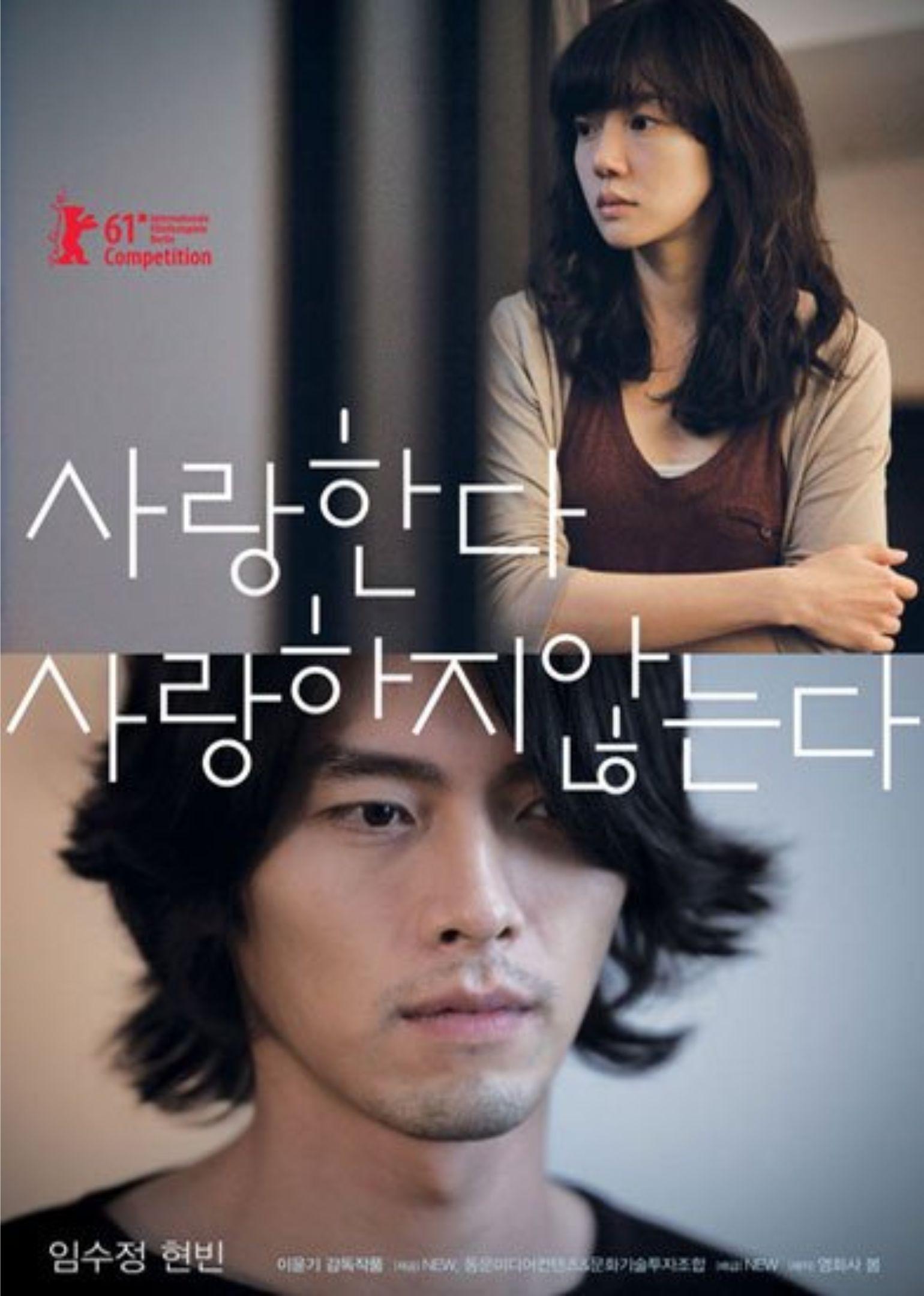
Come Rain Come Shine
In Come Rain, Come Shine (2011), Hyun Bin stars as a quiet and introspective man whose wife, played by Lim Soo Jung, unexpectedly announces that she is leaving him for another man. Rather than resisting or trying to change her mind, he silently helps her pack, allowing the emotional weight of their relationship to unfold in a deeply moving and subtle way. As the rain pours outside, the couple navigates their final hours together in a house filled with memories. Kim Jee Soo as the female neighbor and Kim Joong Ki as the male neighbor add small yet significant moments that highlight the complexity of long-term relationships and unspoken emotions. Meanwhile, guest voice roles from Ha Jung Woo and Kim Hye Ok enrich the film’s atmospheric storytelling. Directed by Lee Yoon Ki, Come Rain, Come Shine is a slow-burning, minimalist romance that focuses on the quiet tension between a couple on the verge of separation. The film’s delicate cinematography and understated performances make every glance, pause, and unsaid word deeply profound, offering a raw and realistic portrayal of love and loss. For fans of deeply emotional and artistic Korean films, Come Rain, Come Shine delivers a poetic meditation on relationships, closure, and the fleeting nature of love. Will this be their final goodbye, or does the rain bring an unexpected chance for reflection? Experience this heart-wrenching journey of love and parting in one of Hyun Bin's most introspective roles.
Details
🙂 Native Title: 사랑한다, 사랑하지 않는다 (Saranghanda, Saranghaji Anneunda)
🌎 Also Known As: I Love You, I Don’t Love You
🎭 Genres: Drama, Romance
🏷 Tags: Married Couple, Separation, Minimalist Narrative, Real-Time Storytelling, Emotional Subtlety
✍ Screenwriters: Lee Yoon-ki (adapted from the short story “A Cat That Cannot Return” by Inoue Areno)
🎬 Director: Lee Yoon-ki
🇰🇷 Country: South Korea
🎬 Release Date: March 3, 2011
📺 Original Network: N/A (Theatrical Release)
⏰ Duration: 105 minutes
🔞 Content Rating: 15+ – Teens 15 or older
Best Scenes
-
Opening Car Ride: The film begins with a nine-minute continuous shot of the couple driving, during which the wife reveals her intention to leave, setting the tone for the narrative.
-
Silent Coffee Preparation: A poignant scene where the husband prepares coffee amidst the tension, highlighting the unspoken emotions between the couple.
-
Rescuing the Kitten: The couple finds a stray kitten seeking shelter from the rain, symbolizing vulnerability and their shared compassion despite impending separation.
-
Neighbor’s Visit: The arrival of neighbors searching for their lost kitten introduces an awkward interaction, reflecting the couple’s internal discomfort.
-
Final Dinner Preparation: As they prepare their last meal together, the husband’s emotional breakdown while chopping onions subtly conveys his suppressed feelings.
Filming Locations
-
Primary Residence: The majority of the film is set within the couple’s home, emphasizing the intimate and personal nature of their relationship.
-
Urban Setting: The house is situated in a typical South Korean neighborhood, providing an authentic backdrop to the story.
-
Rain-Soaked Exteriors: The persistent rain outside the home mirrors the melancholic atmosphere of the narrative.
-
Minimalist Interiors: The simple and uncluttered design of the house reflects the couple’s emotional detachment.
-
Use of Natural Light: The film utilizes natural lighting to enhance the realism and rawness of the scenes.
Visual Design and Costumes
-
Neutral Tones: The characters’ clothing consists of muted colors, symbolizing the fading vibrancy of their relationship.
-
Rain Imagery: The continuous rainfall serves as a visual metaphor for the couple’s emotional state.
-
Minimalist Aesthetics: The film’s simplistic visual style focuses attention on the characters’ internal struggles.
-
Natural Lighting: The use of ambient light enhances the film’s realistic portrayal of the couple’s final day together.
-
Symbolic Props: Items like the stray kitten and personal belongings being packed serve as metaphors for the couple’s relationship dynamics.
Themes and Messages
-
Communication Breakdown: The film explores how unspoken words and suppressed emotions can lead to the deterioration of a relationship.
-
Acceptance of Change: It portrays the process of accepting the end of a significant relationship and the emotions that accompany it.
-
Emotional Restraint: The narrative highlights cultural nuances regarding the expression of feelings and the impact of stoicism.
-
Isolation: The couple’s interactions reflect a profound sense of isolation, even when in each other’s presence.
-
Ambiguity of Love: The film questions the complexities of love and the fine line between affection and detachment.
Interesting Facts
-
Festival Recognition: The film was invited to compete at the 61st Berlin International Film Festival in 2011.
-
Actor’s Military Service: This was Hyun Bin’s last film before his mandatory military enlistment in March 2011.
-
No Musical Score: The film intentionally lacks a musical soundtrack, relying on ambient sounds like rain to convey mood.
-
Adaptation: The screenplay is based on the short story “A Cat That Cannot Return” by Japanese author Inoue Areno.
-
Real-Time Narrative: The story unfolds almost in real-time, enhancing the immersive experience of the couple’s final hours together.
Awards
Come Rain, Come Shine (2011) received the following award nomination:
- 61st Berlin International Film Festival (2011):
- Nominated for the Golden Bear award.
While the film was recognized at this prestigious festival, it did not secure the award.
Real-Life Loves on Set
There are no public records or reports indicating that any romantic relationships developed among the cast or crew during the production of the Korean film Come Rain, Come Shine (2011). The film’s focus remained on its narrative, and no off-screen romances have been documented.











